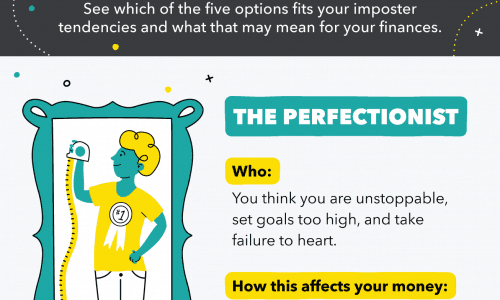
Stress affects everyone. Living in such a high-octane society, the standards and results demanded of people have become absurd. So much so that our brains literally cannot handle it sometimes. The increase in mental health awareness has brought “stress” and the negative effect it has on our lives into the limelight of psychological, and even anatomical health discussions of recent years.
According to today’s infographic, stress is “a condition or feeling experienced when a person perceives that demands exceed the personal and social resources the individual is able to mobilize.” Although it is difficult to decipher the exact scientific workings that stress plays on our body, over the last half of the 20th century and well into the 21st century, more and more studies conducted by psychological scholars and practitioners have linked memory loss, heart problems, high blood pressure, and even physical pain (i.e. fibromyalgia) to “stress.”
The causes of stress varies from person to person. Most common causes stem from emotional/spiritual misalignment rooted in anxiety from work, school, or relationships. Traumatic events – such as the death of a family member, military combat, or childhood traumatic grief – are also main contributors. Stress is not entirely detrimental, though. According to Hans Selve, a pioneer in stress research, “stress is not necessarily something bad – it all depends on how you take it. The stress of exhilarating, creative successful work is beneficial, while that of failure, humiliation or infection is detrimental.” Whatever way stress affects you as a person, be it motivation (like Hans Selve), mental illness, or even physical health problems, there are ways to coping with it. Check out today’s infographic for some coping methods and statistics on the effect stress plays on your daily life. [via]
t





